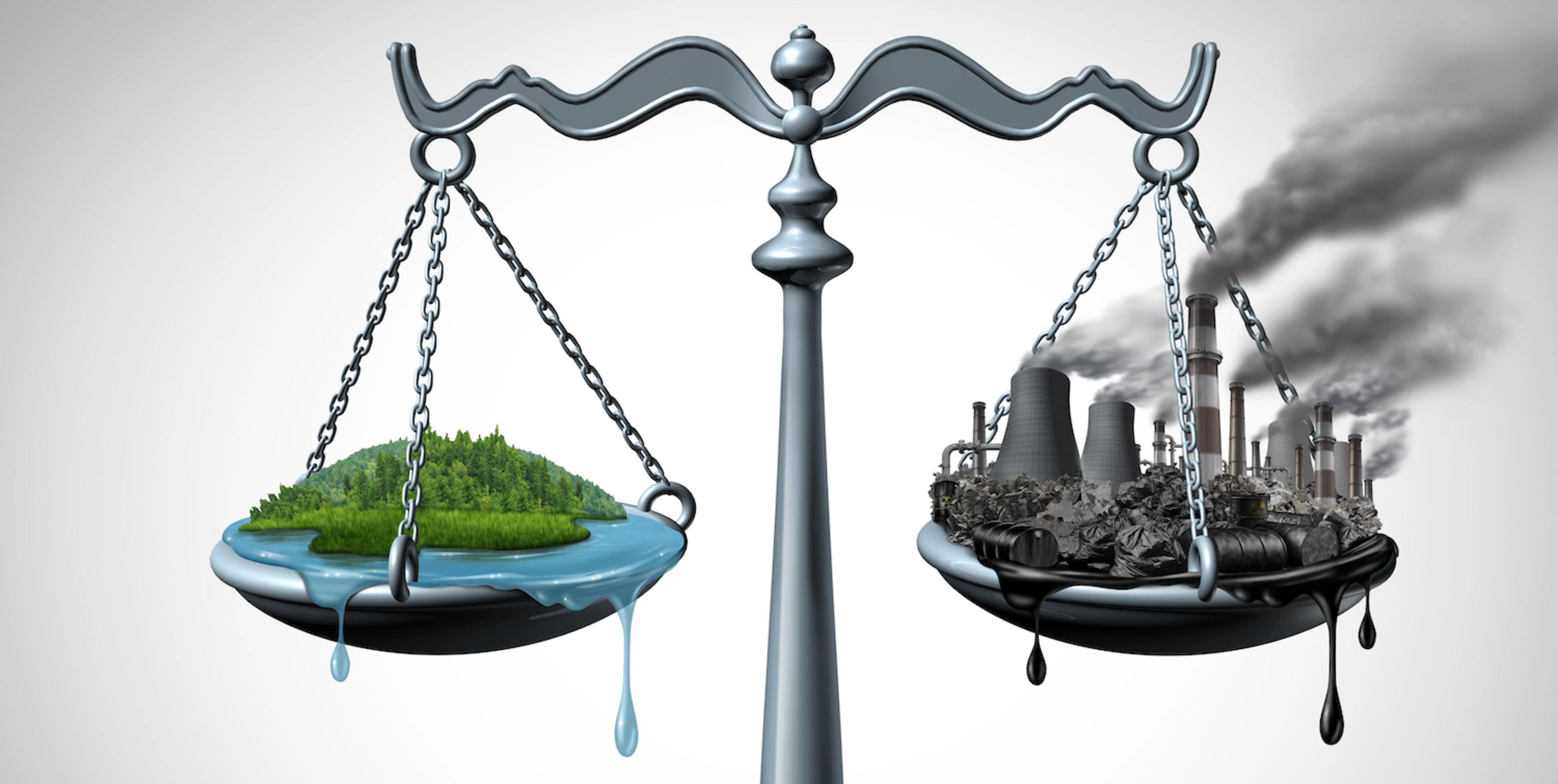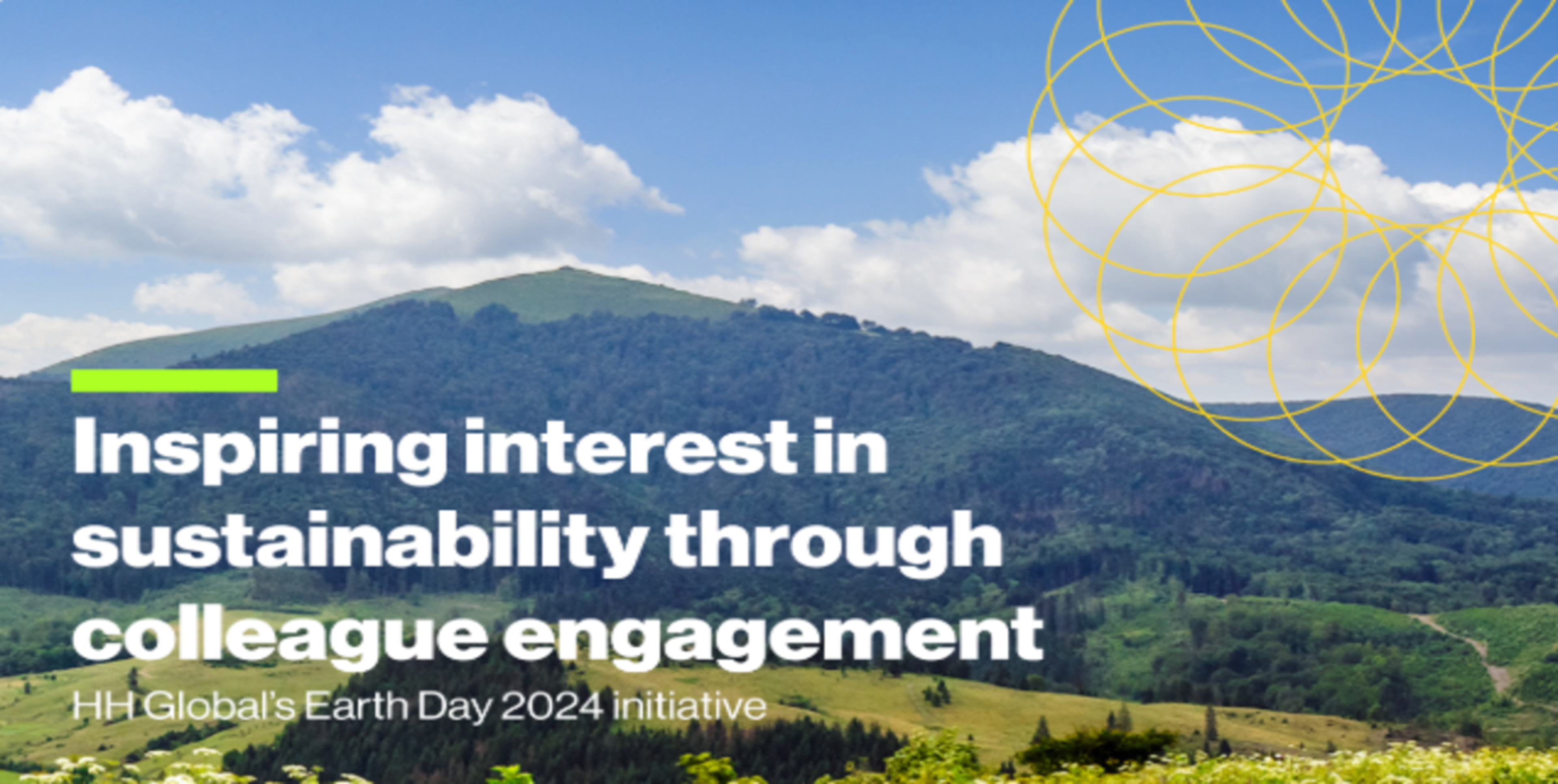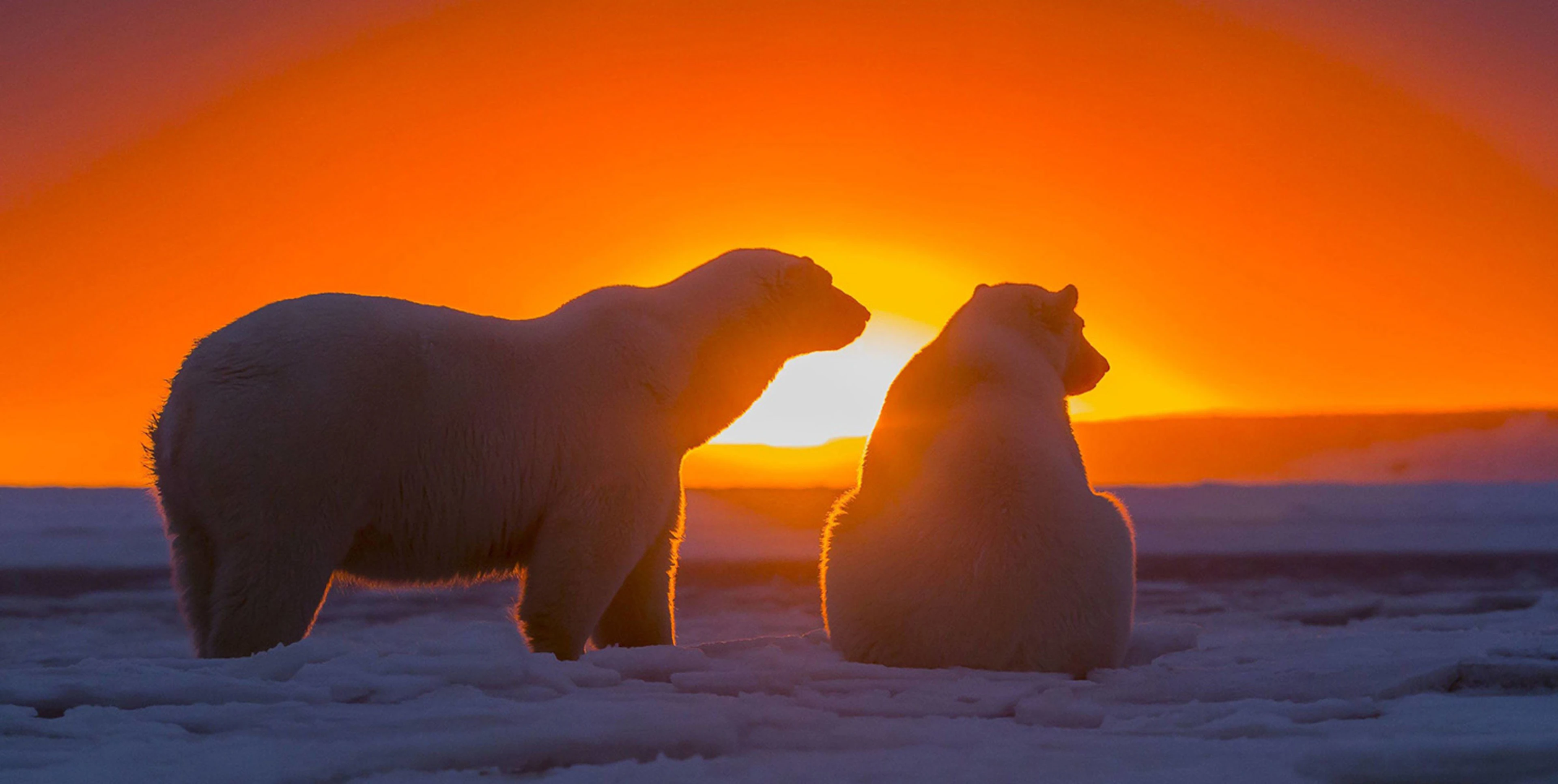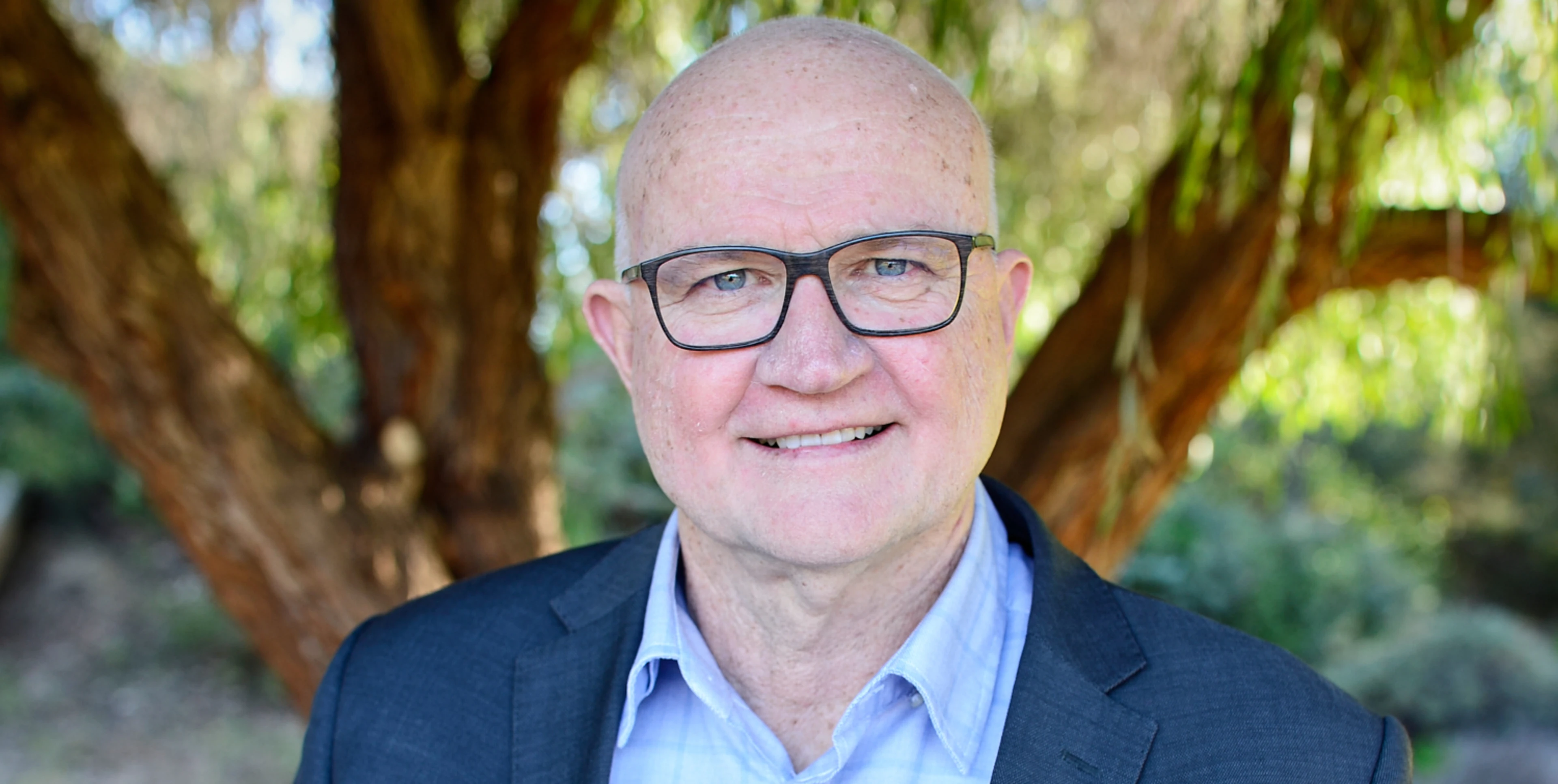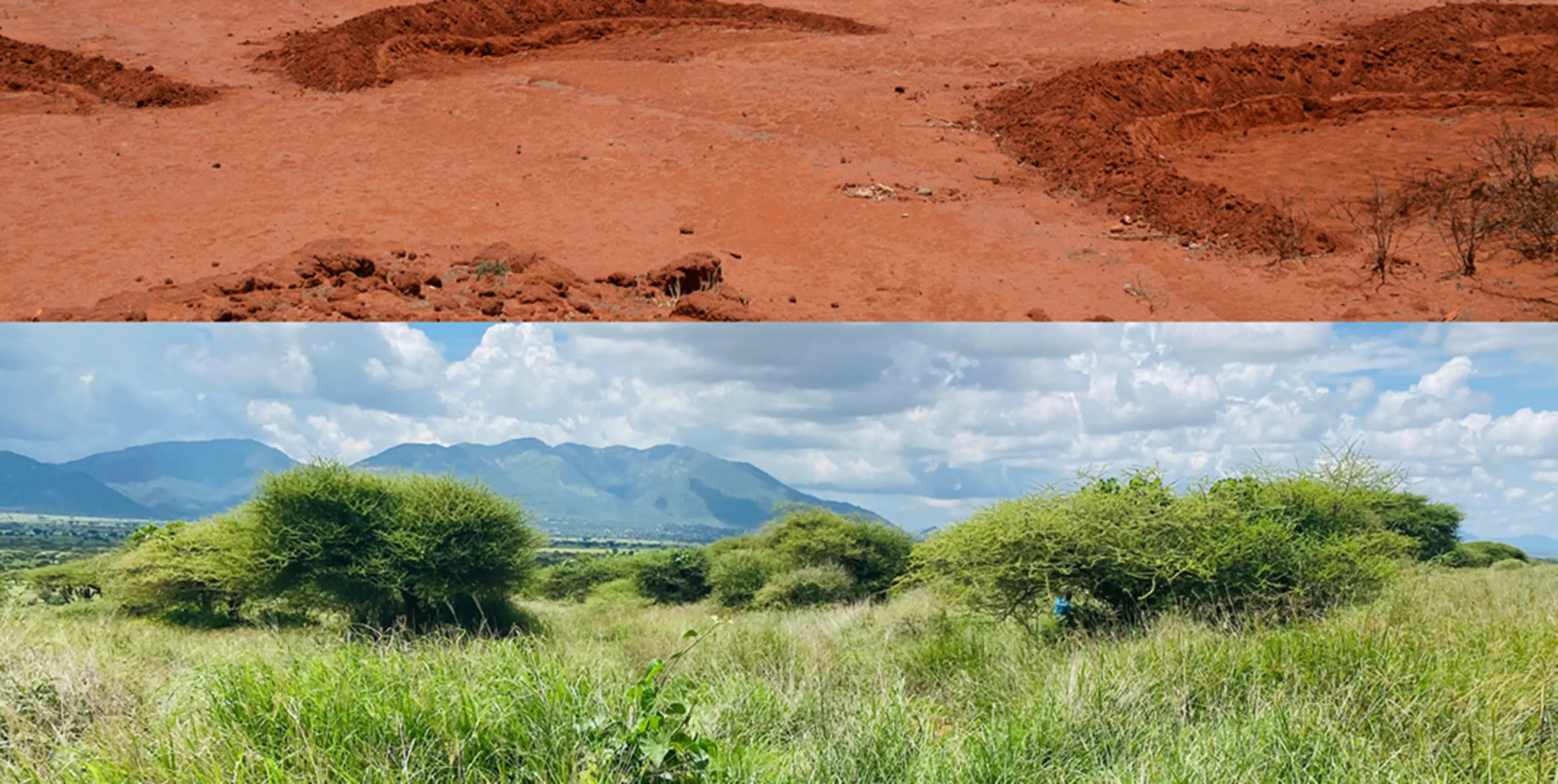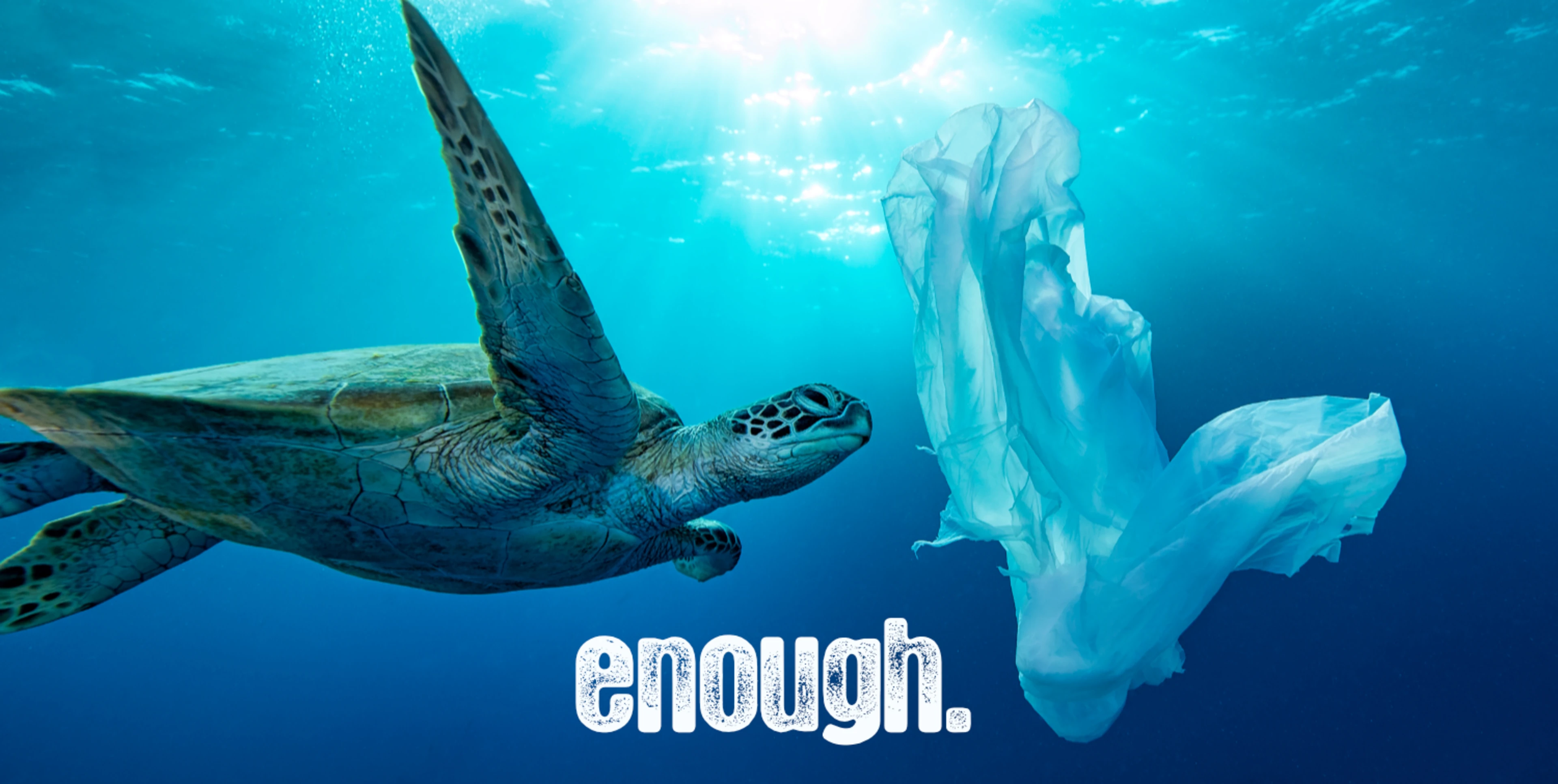Did you notice it? That everything has quite significantly changed? And I don't just mean the beginning of the Spring weather that is filled parks and pub gardens across the UK over the recent Bank Holiday weekend. I mean in the world of sustainability. Over the last month things have changed significantly.
The dominant approach to corporate sustainability whereby brands measure their carbon, take some steps to reduce what they can and, then offset the rest has stopped looking like a sound bet. In particular, the idea that something can be "carbon neutral", accepted practise for a few for the last few years, has begun to look an increasingly risky and insubstantial claim to make. Sophisticated watchers have noticed that not only are carbon neutral claims insufficiently rigorous, given that they don't cover the full lifecycle emissions of an organisation or a product, but they're often heavily backed by carbon offsets that have now been repeatedly shown to not deliver the carbon savings that they claimed.
Regulators are stepping in. In Europe, the European Parliament has proposed a ban on carbon offset backed carbon neutral claims. And in the UK, the Guardian has reported that the Advertising Standards Authority, is set to take regulatory action against misleading claims such as “carbon neutral”. And rightly so. The phrase carbon neutral gives rise to the notion that there is no environmental impact and a consumer ought to be able to buy that product and expect that it is a truly sustainable product. But that simply isn't true.
There is also the recent rise of litigation against brands that have been carbon neutral claims. In the US Delta Airlines is the subject of a $1 billion lawsuit over its carbon neutral claims. As attorney Jonathan Haderlein told the Guardian:
“the voluntary carbon offset market cannot meaningfully guarantee carbon neutrality from a company in the way it’s currently being operated. The market is replete with severe methodological errors that appear both intentional and unintentional. In our opinion, it’s frankly reckless to predicate a company’s ESG strategy on climate change on the basis of the purchase of these offsets,” says attorney Jonathan Haderlein.”
These recent developments mean that it is now increasingly clear that any brand using carbon offsets as part of a carbon neutral claim, is taking an enormous, potentially very expensive, risk. Of course, worse than that, those brands not having any impact for the planet. Billions of dollars are being misallocated.
It's not good enough for brands to stop offsetting though. There needs to be an established, best practice alternative. Partly as a result of the problems with projects and claims made through offsetting the voluntary carbon market has failed to expand from its current $2 billion size to the many hundreds of billion dollars needed to make a significant contribution to the climate finance we need for net zero. There needs to be a compelling alternative, as we are short trillions of dollars if we are to reach net zero by mid-century. This is not the time for brands to be timid or to wait.
Luckily, there has been a second big change in recent weeks. Over the last two years we at Pinwheel have led the promotion of a higher impact, contribution approach to funding projects. The contribution approach asks the question, “what can we fund that has the biggest impact for the planet?”, rather than “how can I make a claim about my own business?”. What was a vanguard movement of climate experts, that had pinwheel its forefront, has now become established best practice.
The WWF's Blueprint talks about the need for companies to set themselves an internal carbon fee and contribute to planet repairing projects, both carbon and biodiversity projects. They have now been joined by the most trusted carbon credit certification body, Gold Standard. The leading voices in sustainability are now advising that brands take the contribution mindset that Pinwheel has been promoting over the last two years.
The weather has changed. In place of a cold winter of low-quality carbon offsets that do little for the planet or to build brands, a warm spring of a higher impact contribution approach, that enables incredible brand building and storytelling, has emerged as the leading methodology.
For more information on how you transition to a high-impact contribution approach: contact@pinwheel.earth
